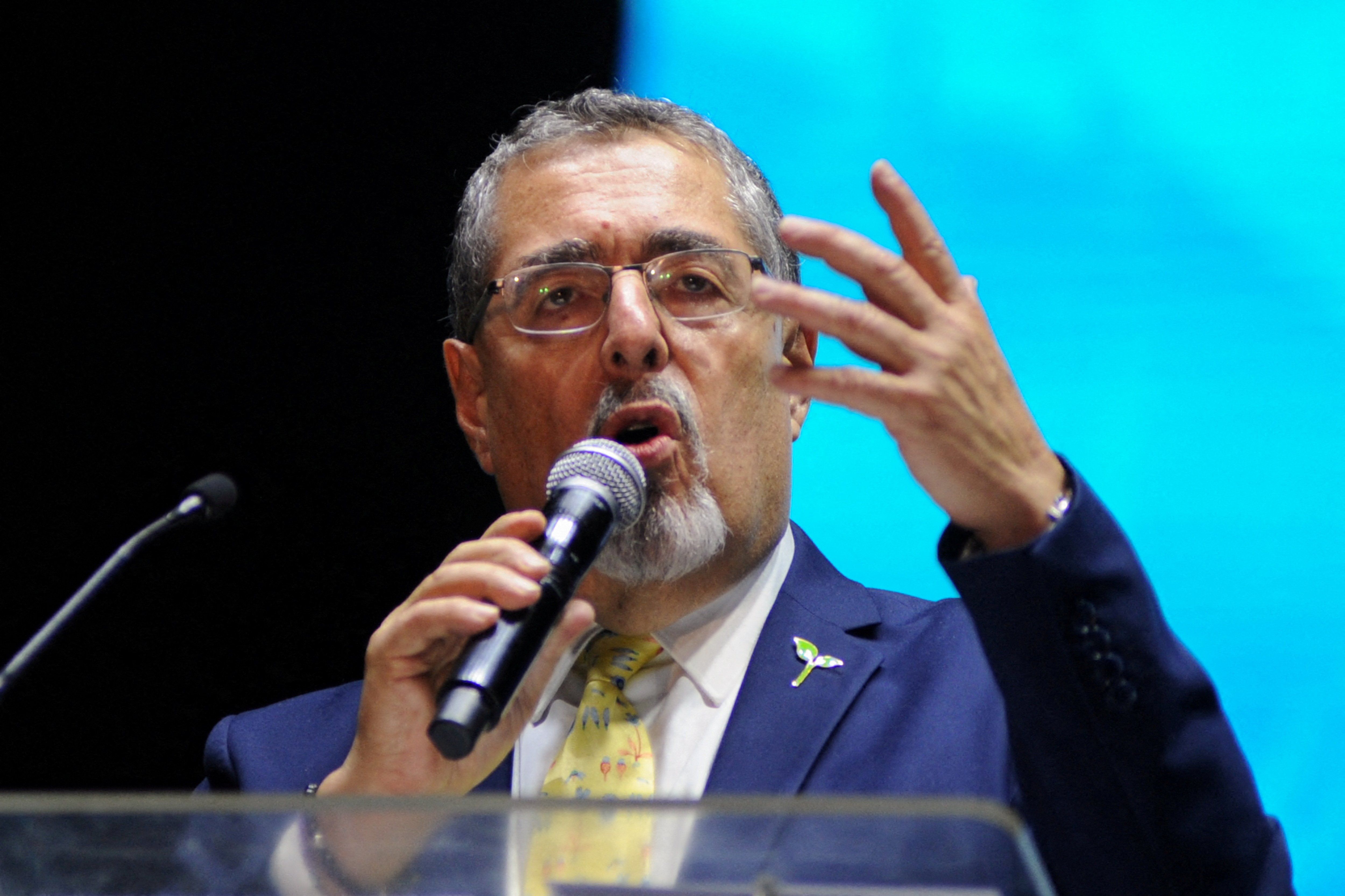The votes are in, and Guatemalans have overwhelmingly chosen Bernando Arévalo to be their next president, with a majority forcefully rejecting the establishment and voting for a candidate who promises to clean up government corruption. If only it was that simple.
Arévalo won the election by running an aggressive anti-corruption campaign, which helped galvanize young people — who make up a huge portion of the voting population (the average age in Guatemala is 26, compared to 38 in the US) — behind him. Being a self-declared Taylor Swift fan may have helped, but when it comes to the deep-rooted corruption in the government will he be able to just “Shake it off?”
Arévalo won 58% of the vote, but he faces a long road to the Jan. 14 inauguration. The attorney general’s office – which needs to certify the election – is already attempting to suspend the legal status of Arévalo’s Movimiento Semilla Party.
Arévalo will face massive barriers to fulfill his promises to voters of unraveling deep-rooted corruption in Guatemalan politics – and that presumes he makes it. Last week, the attorney general said it was investigating how the party got its signatures to register, its founders, and potentially Arévalo himself, and with the party losing its legal protections on Oct. 31, the outgoing Congress could strip Arévalo of his immunity.
How is this possible? The last two presidential administrations have purged Guatemala’s judicial system and attorney general’s office of anti-corruption judges, forcing dozens of prosecutors and judges into exile. The current president, Alejandro Giammattei, is seeking to overhaul the supreme court before leaving office to stack it with judges friendly to his coalition who will be ready to strike down Arévalo’s anti-corruption agenda.
